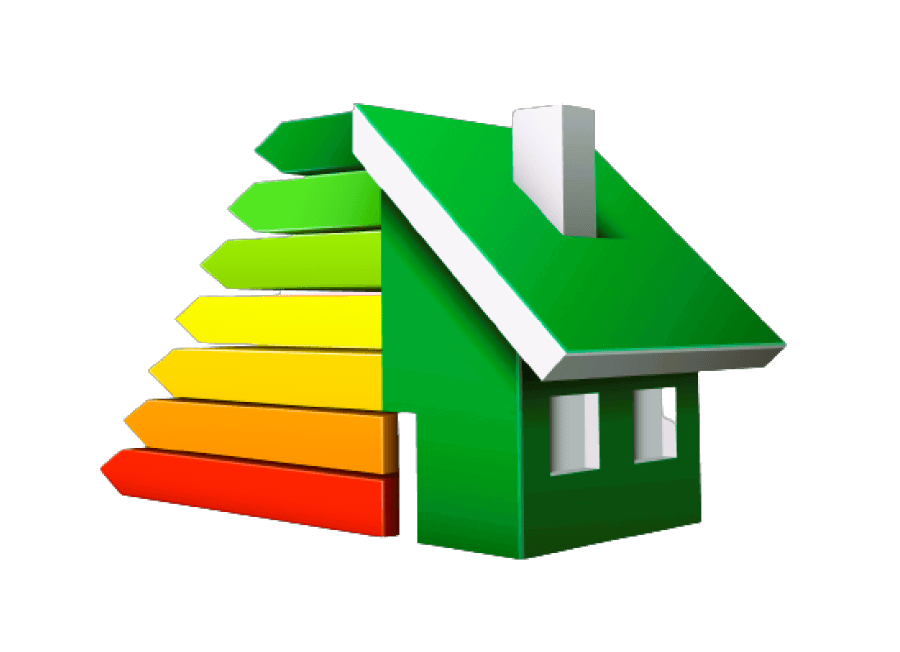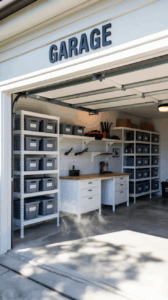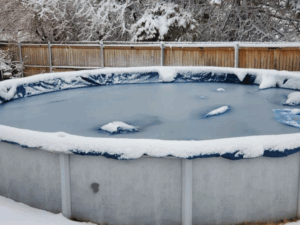Choosing the right windows for your home involves considering various factors, including energy efficiency, durability, and performance. Window ratings provide valuable information that can help Canadian homeowners make informed decisions about their window purchases. In this article, we will provide a comprehensive guide to understanding window ratings and what they mean for homeowners in Canada.
- Energy Star® Certification
One of the most widely recognized window ratings in Canada is the Energy Star certification. The Energy Star program identifies windows that meet strict energy efficiency guidelines set by the Natural Resources Canada (NRCan). Windows with the Energy Star label are designed to reduce energy consumption, improve indoor comfort, and lower heating and cooling costs. When shopping for windows, look for the Energy Star symbol and ensure that the windows meet the specific criteria for your region in Canada.
- U-Factor

The U-factor measures a window’s overall heat transfer rate, indicating how well it insulates. In Canada, where winters can be harsh, a lower U-factor is desirable as it indicates better insulation. The U-factor is expressed as a value between 0.20 and 1.20, with lower values representing better insulation. When selecting windows, opt for those with a low U-factor to minimize heat loss and improve energy efficiency in your home.
- Solar Heat Gain Coefficient (SHGC)
The Solar Heat Gain Coefficient (SHGC) measures the amount of solar heat that passes through a window. In colder Canadian climates, it is beneficial to choose windows with a higher SHGC to allow more solar heat to enter the home and aid in natural heating during the winter months. However, in warmer regions or during hot summers, a lower SHGC is preferred to minimize heat gain and reduce cooling costs. The SHGC ranges from 0 to 1, and the ideal value depends on the specific climate zone and heating requirements of your location.
- Visible Transmittance (VT)
Visible Transmittance (VT) refers to the amount of visible light that can pass through a window. A higher VT means more natural light can enter your home, creating a bright and inviting living space. When selecting windows, consider the VT value, especially if maximizing natural light is a priority for you.
- Air Leakage
Air leakage measures the amount of air that can pass through a window. A lower air leakage rating indicates better airtightness and reduced drafts. In Canadian homes, where winters can be bitterly cold, minimizing air leakage is crucial to maintain indoor comfort and energy efficiency. Look for windows with a low air leakage rating to ensure a tight seal and prevent heat loss.
- Condensation Resistance
Condensation resistance measures a window’s ability to resist condensation buildup on the interior surface. In Canada, where humidity levels can vary, it is important to choose windows with a high condensation resistance rating to minimize the risk of moisture-related issues, such as mold and mildew growth. This rating is expressed on a scale of 0 to 100, with higher values indicating better condensation resistance.
- Durability and Impact Resistance
Canadian homeowners should also consider the durability and impact resistance of windows, especially in regions prone to severe weather conditions. Look for windows that meet or exceed industry standards for wind resistance, such as those tested and certified by organizations like the Canadian Standards Association (CSA). Impact-resistant glass is particularly beneficial in areas susceptible to storms or high winds, as it provides an added layer of protection against damage.

- Warranty and Manufacturer Reputation
In addition to window ratings, consider the warranty offered by the manufacturer. A reliable warranty provides peace of mind and indicates the manufacturer’s confidence in the product’s quality and performance. Research the reputation of window manufacturers, read customer reviews, and choose reputable brands known for their commitment to quality and customer satisfaction. Tips for Window Placement in Canadian Homes: Maximizing Natural Light.
Conclusion
Understanding window ratings is essential for Canadian homeowners looking to make informed decisions when purchasing windows. Consider factors such as Energy Star certification, U-factor, Solar Heat Gain Coefficient, Visible Transmittance, Air Leakage, Condensation Resistance, durability, and warranty. By evaluating these ratings and selecting windows that meet your specific needs and climate conditions, you can enhance energy efficiency, comfort, and durability in your home. Consult with window professionals or experts for personalized recommendations and ensure proper installation to maximize the benefits of your new windows.



